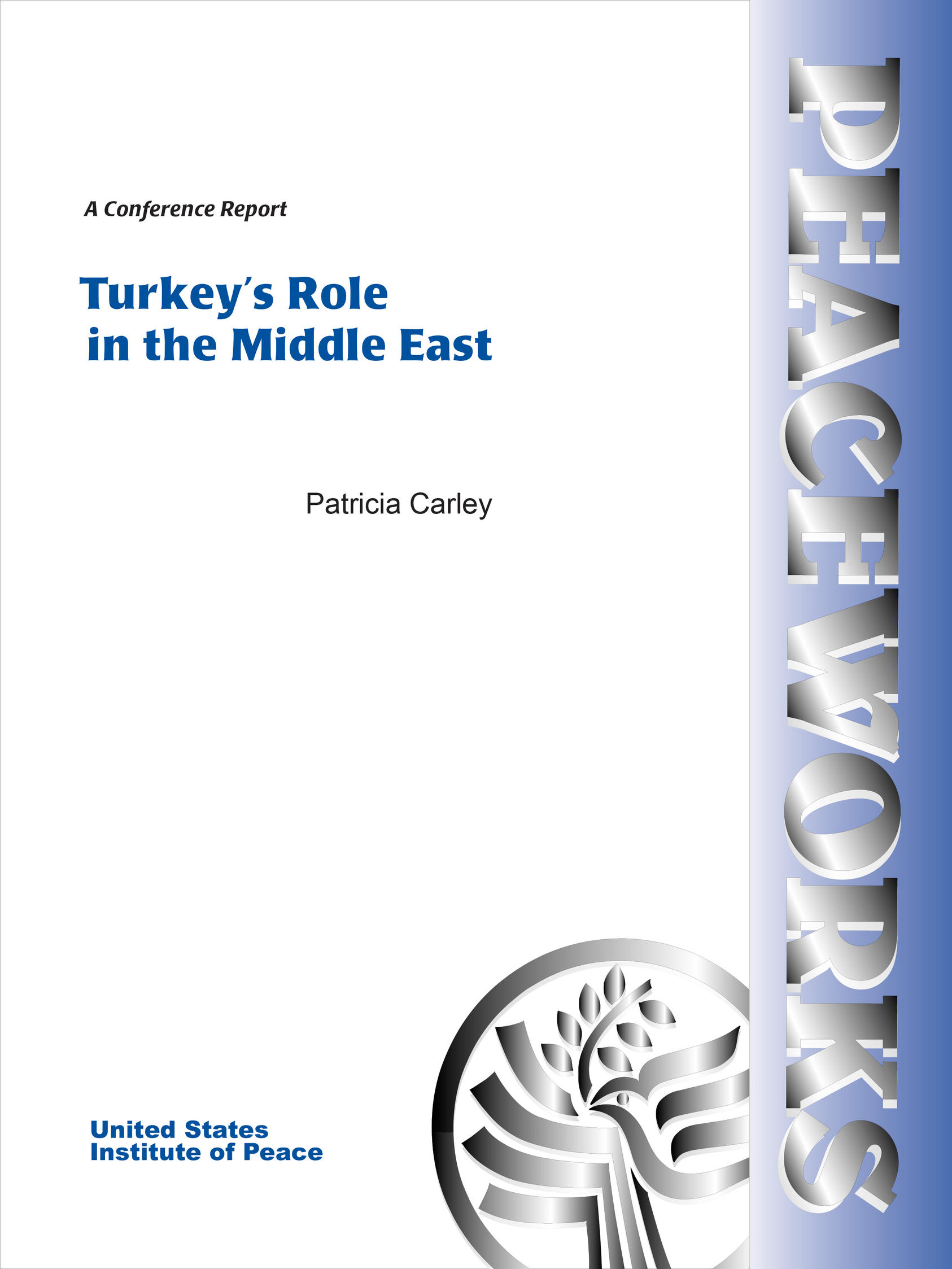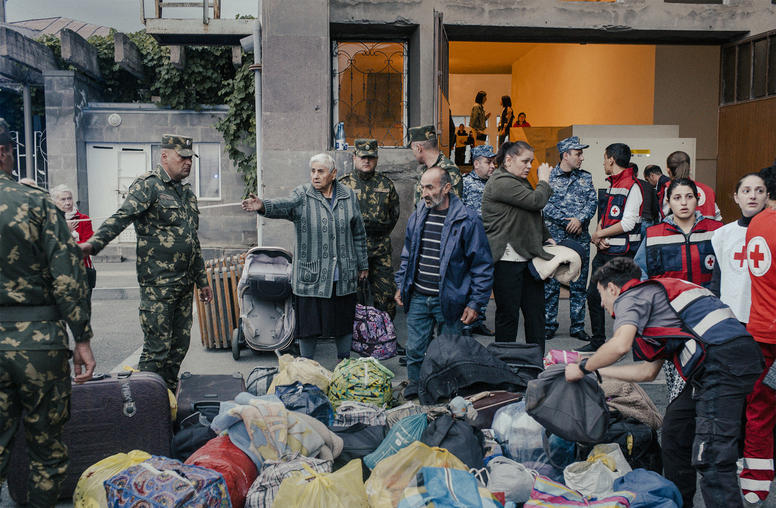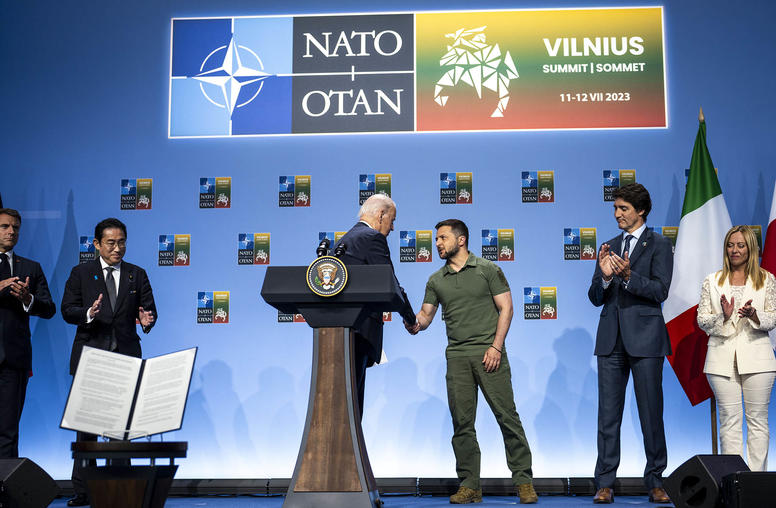Turkey's Role in the Middle East
Peaceworks No. 1
The end of the Cold War seemed to portend a decline in Turkey's strategic importance to the West; however, the political changes in the world since 1989 have also loosened the constraints within which Turkey can act. As a result, Ankara's foreign policy has been redirected from its strictly western orientation to one in which the countries of the Middle East have become potentially more significant.

The end of the Cold War seemed to portend a decline in Turkey's strategic importance to the West; however, the political changes in the world since 1989 have also loosened the constraints within which Turkey can act. As a result, Ankara's foreign policy has been redirected from its strictly western orientation to one in which the countries of the Middle East have become potentially more significant. The changing relationship between Turkey--uniquely positioned in both the West and the East--and its neighbors in the Middle East was examined at a United States Institute of Peace conference entitled "A Reluctant Neighbor: Analyzing Turkey's Role in the Middle East," held on June 1–2, 1994. This report provides a summary of the conference discussions.
Patricia Carley is a program officer at the United States Institute of Peace. She co-organized the Institute conference "A Reluctant Neighbor: Analyzing Turkey's Role in the Middle East." At the Institute, she works primarily on issues involving the former Soviet Union and southern tier countries, and she has co-convened an Institute study group examining Russian-Ukrainian relations.


